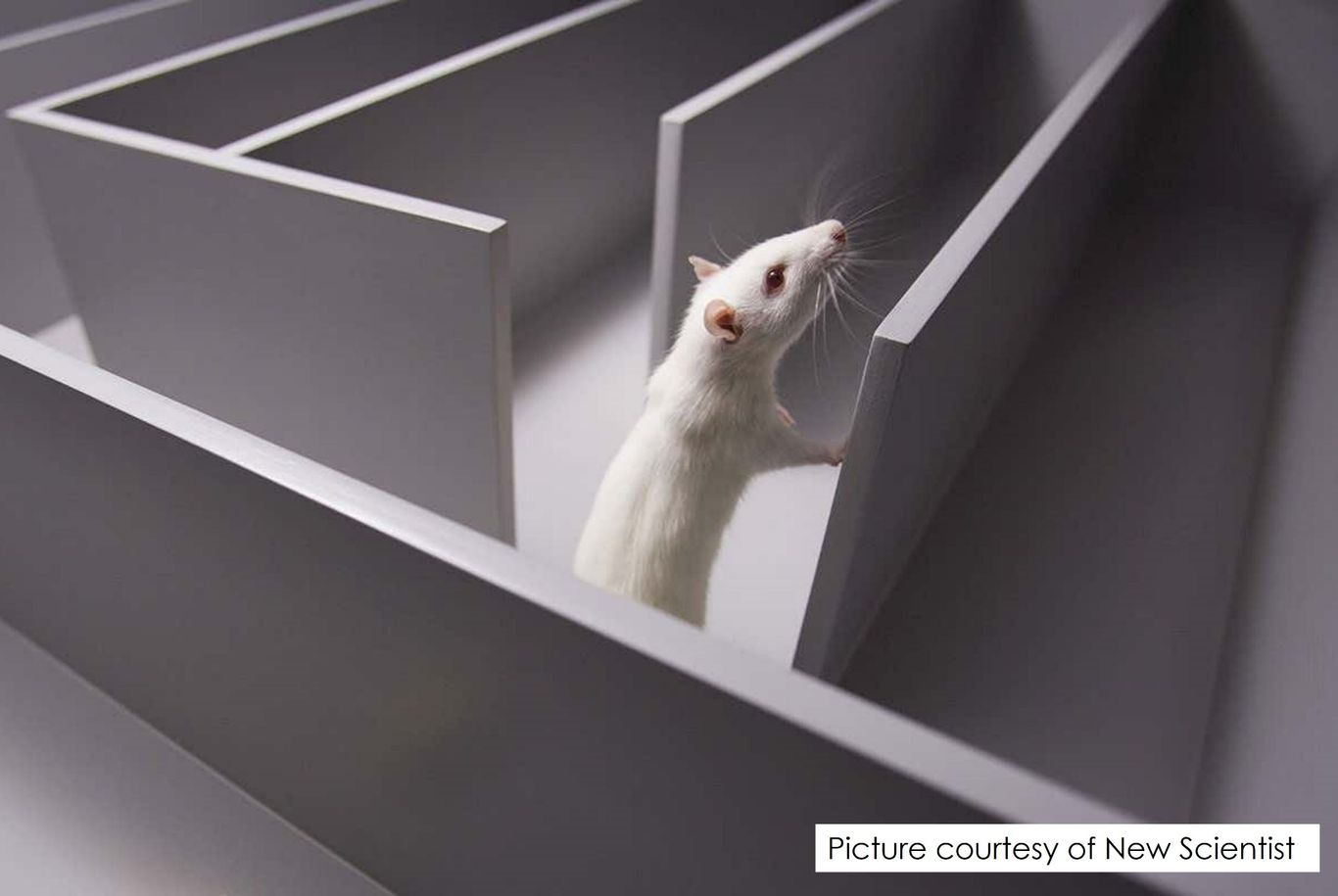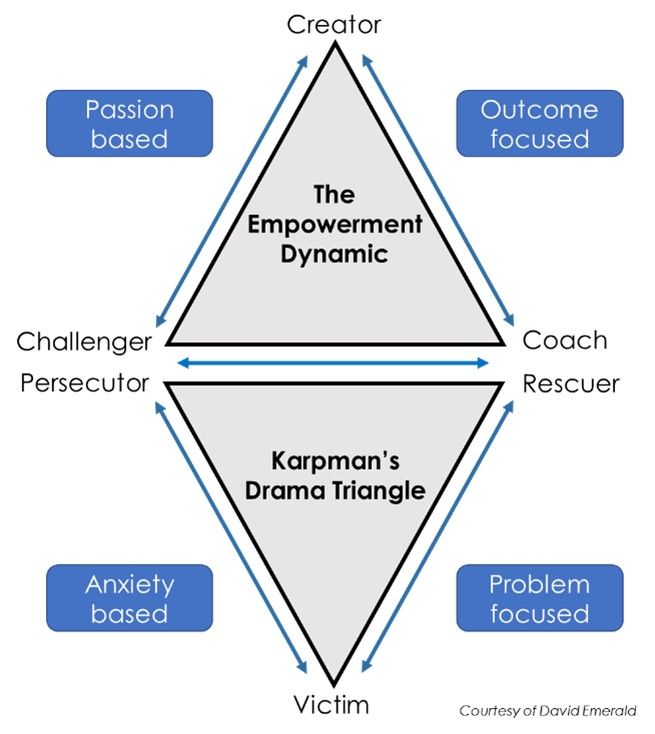"Try to think positive." "Sorry, the best I can do is think negative twice!"
If you are positive, you'll see opportunities instead of obstacles. Confucius
A recent trip to Riga included a visit to Turaida Castle, in the Vidzeme region of Latvia, about 1 hour away. The castle was built in the early 13th Century under the direction of the Archbishop and has undergone restoration since including a museum with lots of informative, interactive displays.
Daydreaming and imagining living as Archbishop, there was a realisation surrounding the simplicity in comparison to the life we lead today. I doubt it was easier, but learning about the daily routine of the Archbishop, shone a spotlight on wellbeing and appreciating the present. In contrast to those days, we can determine ourselves materially rich, but are we in other ways?

A neuroscience expert friend of mine informed me that we consume more content in 24 hours than a person of the 1400’s did in a lifetime! Talk about information overload and our brains have surely not evolved quick enough to respond?
The Riga city break resulted in downloading a new ‘widget’ and monitoring Digital Wellbeing – clocking up the hours invested using the phone. The mobile is critical for business and home life, but being aware of the time spent on it can help inform future use and priorities. Sometimes all it takes is a different environment, way of thinking and approach, to be catalyst for change.
Being in Riga got the thoughts flowing and look at the positives of a certain way of being. In an organisational context, a useful model is Appreciative Inquiry. Developed by David Cooperrider and Suresh Srivastva in 1987, appreciative inquiry sets out to look at change through the lens of what is working really well, as opposed to the problems and trying to fix them. Cooperrider highlights some things to understand it a basic level:
- Appreciative Inquiry, by design, focuses on the best of an organisation (he calls it ‘positive core’) not on trying to overcome or reduce the impact of weakness)
- Appreciative Inquiry is a ‘whole system’ change approach (not top down or bottom up)
- People must realise that organisations move in the direction of what they study/focus on
This last point reminds us of the Pygmalion effect – the self-fulfilling prophecy whereby if you expect something, it will shape how you act and create the results you desire. The converse is called the Golem effect. An experiment citing these involved telling a group of students that mice x were intelligent and mice y were not. The students had to time the mice as they navigated a maze, and the intelligent mice completed the challenge quicker. In fact, there was no difference surrounding how clever these mice were, but the way the students handled them were identified as causal factors in the completion times. The intelligent mice were stroked, held carefully, and placed gently into the maze. Our thoughts and perspectives can drive how we behave and ultimately determine the outcome.

A good Liberating Structure to help direct our thinking more positively, and inspired by Cooperrider's work, is Appreciative Interviews. Even simpler, consider reframing the questions you ask. At the dinner table why not ask your children, “what was the best part of what you did today?” as opposed to, “how was your day?”. See what response you get.
In a previous article, we shared about how the news can have a negative effect and lacks feel-good content! Our propensity for negative bias (survival trait) may not provide us with the fulfilment and possibilities that positive thinking can do. Barbara Fredrickson’s oft cited ‘broaden and build’ theory showed that positive emotions elicit greater person resources e.g., purpose in life, reduced symptoms of illness, social support etc.
And we really like how David Emerald provided an alternative to Karpman’s Drama triangle of human interaction - literally turning an anxiety based/problem focused model on its head to become passion-based/outcome focused. It is a way to escape the drama! A nice video by Emerald lasting <4 mins can be found here.

At Promethean Play, we believe that work can, and should be fun. We also believe that the answers are already ‘in the room’. If attention is given to building relationships, approaching things from a positive, future focused, and strength-based lens, as well as ensuring every voice is heard, then it creates a different dynamic. As David Cooperrider attests too surrounding his Appreciative Inquiry model, organisations must reverse the 80% of attention on what’s wrong and instead recognise that leading change is all about strengths. Peter Drucker, who has probably written most on management and leadership, said “the tasks of leadership is to create an alignment of strengths, in ways that make a system’s weaknesses irrelevant”.

Next time you find yourself in a listening group trying to understand why morale is so low, or in a meeting trying to figure out why a certain product line isn’t selling, take time to reframe and approach things from a more positive standpoint. Understanding what is selling, may help you recognise the reason why something isn’t! Focusing on what’s great about working here, may make some of the bad fall into insignificance!
A positive outlook and approach can make the difference. How can you do this more in your work and home life?
Visit www.prometheanplay.co.uk to find out more.
